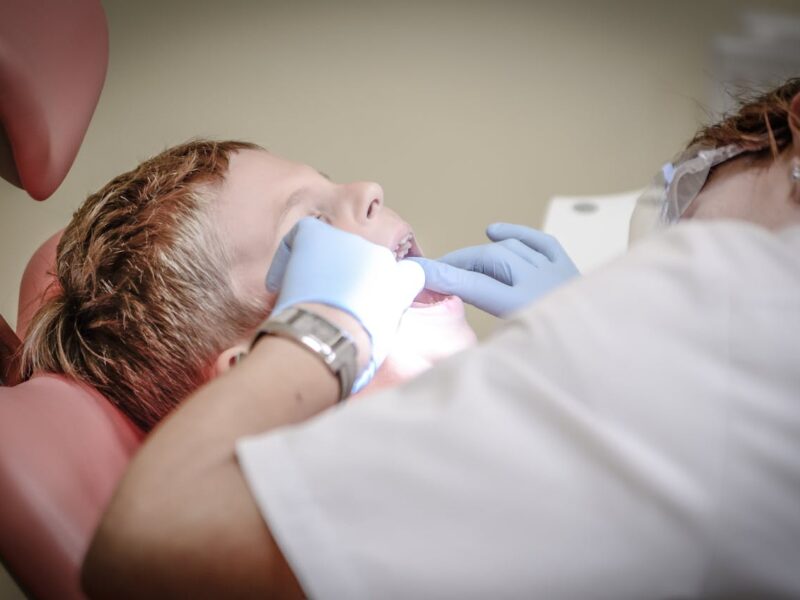Acne results from clogged hair follicles and excess oil. Treatments work to clear away bacteria, dry up extra oil, and prevent new pimples from forming.
However, a Penn Medicine study shows black people are less likely to receive prescription acne medications like oral antibiotics, spironolactone, or isotretinoin than white patients. This can have a devastating impact on their quality of life and self-esteem.
Contents
Over-the-counter (OTC) Treatments
A variety of treatments are available for acne over the counter at pharmacies. These include lotions, gels, and creams that help wash away excess oil and fight inflammation. These may also contain ingredients such as Benzoyl Peroxide, which destroys bacteria that can cause pimples and other skin issues.
Other topical products may contain salicylic acid, a keratolytic agent that dissolves the intercellular cement that holds the epidermis together. It has a minor anti-inflammatory effect and is bacteriostatic and fungistatic at low concentrations.
In addition to over-the-counter medications, some are available with a doctor’s prescription and can be found in pill form. Prescription medications may be more effective for moderate to severe acne, as they can penetrate deeper into the skin and target infection from the inside out.
The Food and Drug Administration (FDA) regulates over-the-counter medicines to ensure they are safe for consumers. The FDA reviews ingredients, dosages, and labeling before a medicine is approved for over-the-counter sale. Medicines with higher-risk ingredients or make health claims must undergo further review by the FDA before they can be sold over the counter [1].
Always read the product label and follow the directions when using OTC products. Never take more medication than directed on the product’s label or as your doctor recommends. Also, if you take other medicines, talk to your doctor before starting new OTC medications, as they could interact with them.
Isotretinoin
Oral systemic treatment is required for people with persistent or severe acne that cannot be treated with over-the-counter medicines. Oral isotretinoin can dramatically improve the appearance of the skin, reduce scarring, and prevent new lesions from forming. However, this medication can have significant side effects that must be discussed with your family doctor and dermatologist. This medication can cause dryness in the eyes, lips, and mouth. It may also cause hair thinning. If you experience joint and muscle pain, take acetaminophen or ibuprofen. People who use this medication are also at increased risk of developing depression. Pregnant women should not use the medicine as it can pass through the womb and can lead to congenital disabilities in the baby.
Isotretinoin, also known as Accutane, is a form of Vitamin A. It addresses all of the significant causes of acne by preventing oil glands from producing sebum and decreasing the ability of inflammation-causing bacteria to clog pores. Isotretinoin has been around for 35 years, and when taken correctly, it can have incredible long-term results.
Isotretinoin is very effective for treating acne, but discussing the potential side effects with your dermatologist before starting this medication is essential. The drug can increase your blood pressure; in rare cases, it may lead to eye damage, permanent loss of eyesight, or even death.
Medical Procedures
In addition to prescription acne treatment or medication, several procedures can help you get clearer skin. These include laser and light-based therapies that use handheld devices or larger panels of long, thin light bulbs to reduce redness and discoloration on the surface of your skin caused by acne. These techniques may also prevent bacteria from multiplying, reduce inflammation, and stimulate your skin’s natural production of new skin cells.
While these treatments can effectively reduce the severity of your acne, it is essential to remember that acne is a chronic disease and can have significant psychological and emotional ramifications. People with severe acne are more likely to experience depression and suicidal thoughts than those without it. Fortunately, there are now more options than ever for people to manage their condition effectively and improve their quality of life.
One study analyzing the impact of acne on QoL found that those with acne experience negative impacts similar to those with other chronic health conditions. Another study using the CADI questionnaire to measure QoL in Lebanese adolescents and young adults found that those with acne reported lower scores than those without it. Women in their 20s to 40s were most affected by their condition, perhaps because they have reached an age when they are beginning to consider relationships and future family plans.
Lifestyle Changes
The most common cause of acne is a clogged pore, which traps normal bacteria and causes an immune response that creates redness and swelling. In extreme cases, inflammation can lead to cystic acne, which is enlarged, painful, tender, and filled with pus. But there are ways to treat and prevent acne, including changing your diet, avoiding stress, and exercising regularly.
Several studies have shown that certain foods and beverages contribute to the development of acne, such as high-glycemic foods, which raise blood sugar levels rapidly. This causes the body to release cortisol, a hormone that regulates sleep patterns, prepares for fight-or-flight situations, and increases skin oil production. Moreover, dairy products (including milk, cheese, and ice cream) can increase insulin secretion and the production of IGF-1, which also plays a role in the development of acne.
Eating a healthy, nutritious diet with fresh fruits and vegetables and lean proteins can help reduce acne symptoms. Avoid processed foods and sugary items, such as candy, cookies, and soda, which can trigger outbreaks. Opt for whole, unprocessed foods that provide a balance of nutrients and are low in glycemic index (GI).
Other factors that can contribute to acne include smoking, which is associated with many health issues; not getting enough sleep, which can affect hormones that affect acne; and using oily or greasy personal care products. Those with sensitive skin may benefit from switching to a gentler cleanser or a noncomedogenic moisturizer.



